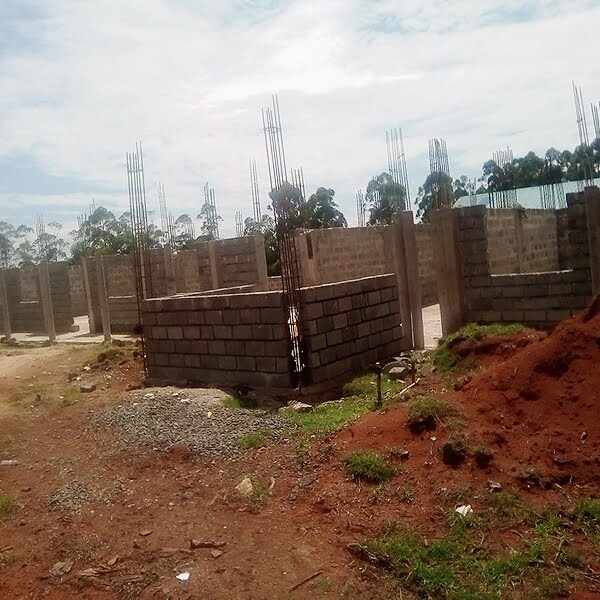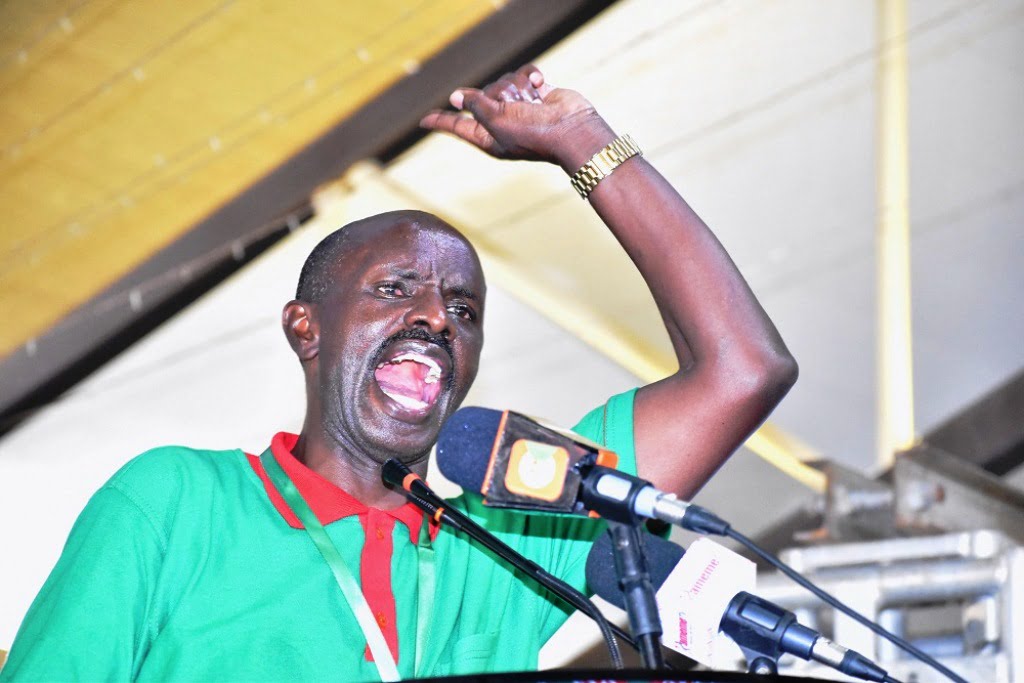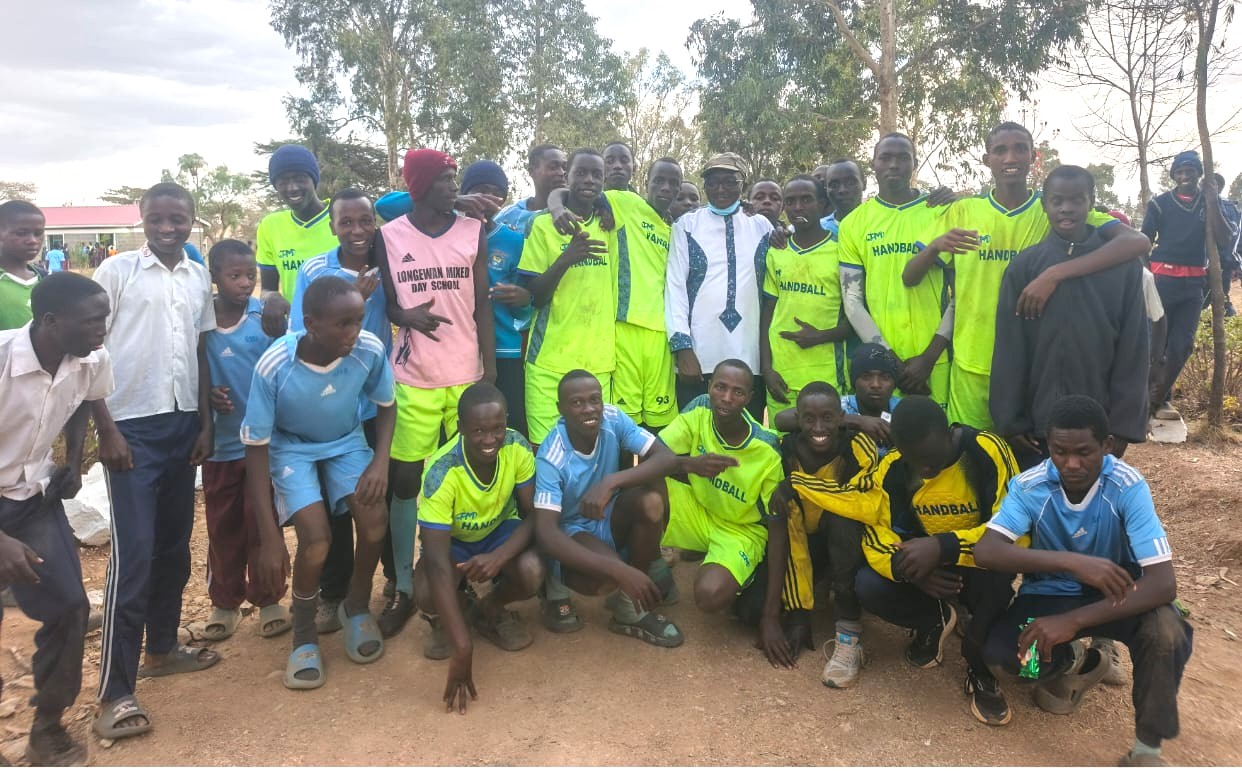Concerns have been raised about the government’s commitment to establishment of the necessary infrastructure before Grade 9 comes calling.
The question that bears in the minds of many education stakeholders is whether the government will be able to complete all plans in the next six months.
Besides the classrooms, laboratories, and other essential infrastructure to construct, there is the severe shortage of teachers that is compounding the challenges faced by the Junior Secondary School (JSS) learners.
Introduced last year, the Junior Secondary School (JSS) includes Grades 7, 8 and 9. There is growing apprehension about the readiness of the first cohort of students following the Competency-Based Curriculum (CBC) who are set to complete their JSS level next year.
According to Moses Nthurima, the Deputy Secretary-General of the Kenya Union of Post-Primary Education Teachers (KUPPET), the State is ill-prepared for Grade 9.
He wondered if between July and January next year, the government will have completed construction of facilities to cater to Grade 9 learners.
“Why can’t the learners transition to our secondary schools which have adequate facilities like classrooms and laboratories? Additionally, next year, there will be no Form One classes and the classrooms will be empty. They should accommodate Grade Nine,” the union boss said.
According to him, the suggestion to house JSS in primary schools has adversely affected learning, as primary schools lack essential infrastructure for secondary-level education, including laboratories, libraries, sports facilities, and classrooms.
“We strongly reject the domiciling of JSS in primary schools and have warned about the low quality of learning taking place at that level. Infrastructure challenges aside, JSS has a huge teacher deficit, with most having just one or two teachers per class handling more than 12 learning areas,” said Nthurima.
Furthermore, he noted that a majority of JSS teachers have humanities backgrounds, which adversely affects the instruction of Science and Mathematics. Simultaneously, approximately 10,000 school principals overseeing public schools are urging the government to relocate Grades 8 and 9 to secondary schools.
“We are far better than primary schools; we have classrooms, laboratories, teachers, and other facilities,” Kenya Secondary Schools Heads Association (KESSHA) National Chairman Willy Kuria said.
Seeking to allay the fears, however, Education Cabinet Secretary (CS) Ezekiel Machogu said the government had given primary schools Ksh3.5 billion for building 1,000 additional classrooms countrywide.
“A further Ksh3.9 billion, to be matched by the National Government-Constituency Development Fund, has also been provided for the construction of classrooms at the constituency level,” said Machogu.
Last week, the Ministry of Education (MoE) disbursed Ksh2.7 billion to primary, Ksh14 billion to JSS and Ksh18.8 billion to secondary schools “in addition to the disbursement we made last term of Ksh4.7 billion to primary schools, Ksh15.1 billion to junior schools and Ksh32.4 billion to secondary schools,” added Machogu, explaining that the said delays in sending capitation to schools were caused by delayed Exchequer disbursements.
“On our part, as the ministry, we pro-actively follow up on the release of Exchequer, to ensure that the funds are in your schools in good time. This will be a continuous effort on our part,” he said.
According to the CS, the Competency-Based Curriculum (CBC) is based on Sessional Paper No. 1 of 2019, which received consideration and approval from Parliament. Additionally, it is grounded in the Basic Education Curriculum Framework of 2017.
“After the Presidential Working Party on Education Reform held consultations with stakeholders and members of the public across the country, it recommended the retention of this structure with a support of 51.2 per cent,” said the CS.
Another significant recommendation from the Working Party focussed on housing JSS in primary schools.
This recommendation considered factors such as the psycho-social age of learners and the cost-effectiveness of utilizing primary schools, given that Standard 7 and 8 classrooms would remain unoccupied.
“The recommendation had 93 per cent support by stakeholders and members of the public. This is the recommendation that we are now implementing,” Machogu said.
Basic Education Principal Secretary Belio Kipsang sought to assure the education stakeholders with promise that the government will avail 16,000 new classrooms to accommodate the first cohort of Grade 9 learners in 2025. These classrooms are expected to be ready by January 2025 when schools will enroll Grade 9 students.
YOU MAY ALSO READ:
Mould your children to become responsible citizens, Machogu advises parents
By Frank Mugwe
You can also follow our social media pages on Twitter: Education News KE and Facebook: Education News Newspaper for timely updates.
>>> Click here to stay up-to-date with trending regional stories
>>> Click here to read more informed opinions on the country’s education landscape






